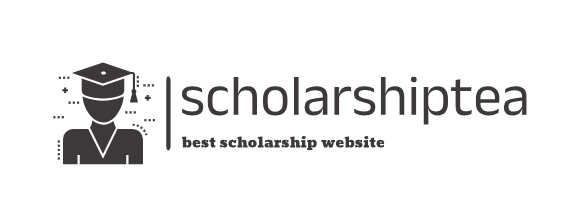Minority and Underrepresented Group Scholarships

Scholarships for Minority and Underrepresented Groups: Bridging the Education Gap
Education is a powerful tool for social and economic advancement, but many students face barriers to accessing higher education due to financial constraints. Scholarships tailored for minority and underrepresented groups aim to address these disparities by providing financial assistance and creating opportunities for students to achieve their academic and career goals.
The Importance of Scholarships for Minority and Underrepresented Groups
Historically, minority and underrepresented groups have faced challenges in accessing quality education and career opportunities. These scholarships play a crucial role in:
- Reducing Financial Barriers: College tuition and related costs can deter many students from pursuing higher education. Scholarships alleviate this burden, enabling students to focus on their studies.
- Encouraging Diversity: By supporting students from varied backgrounds, these scholarships promote diversity in educational institutions and workplaces.
- Fostering Future Leaders: Many scholarships are designed to nurture talent and leadership potential in fields where minority representation is lacking.
Types of Scholarships for Minority and Underrepresented Groups
Scholarship programs vary widely in their criteria and objectives, catering to different fields of study, levels of education, and demographic groups. Here are some common types:
1. Academic Merit Scholarships
These scholarships reward high-achieving students from underrepresented groups who demonstrate exceptional academic performance.
2. Field-Specific Scholarships
Certain industries, such as STEM (Science, Technology, Engineering, and Mathematics), actively seek to diversify their workforce. Scholarships in these areas support students pursuing degrees in traditionally underrepresented fields.
3. Community-Based Scholarships
Local organizations and community groups often fund scholarships for residents or students from specific areas.
4. First-Generation College Student Scholarships
These programs are tailored for students who are the first in their families to attend college, providing them with the resources to succeed in higher education.
5. Professional Organization Scholarships
Many professional associations offer scholarships to minority students pursuing careers in their respective fields. For example, the National Society of Black Engineers and the Hispanic Association of Colleges and Universities provide targeted support.
Notable Scholarship Programs
Several organizations and institutions offer scholarships specifically for minority and underrepresented groups. Here are a few examples:
- Gates Millennium Scholars Program: This initiative provides funding for minority students with strong academic records and leadership potential. Learn more at Gates Scholarship.
- Hispanic Scholarship Fund: Supporting Hispanic students, this program offers financial aid for undergraduate and graduate studies.
- United Negro College Fund (UNCF): This organization provides scholarships for African American students and supports historically Black colleges and universities (HBCUs).
- American Indian College Fund: Focused on Native American students, this fund provides scholarships to those attending tribal colleges and mainstream institutions.
Benefits of Minority Scholarships
Scholarships for minority and underrepresented groups provide numerous benefits, including:
- Access to Higher Education: These programs enable students to overcome financial barriers and pursue higher education.
- Increased Representation: By supporting students from diverse backgrounds, scholarships help bridge the representation gap in various professional fields.
- Professional Growth Opportunities: Many scholarship programs offer mentorship, internships, and networking opportunities, fostering long-term career success.
How to Apply for Scholarships
Applying for scholarships can be a competitive process. Here are some tips to improve your chances:
- Research Thoroughly: Identify scholarships that align with your academic goals, career aspirations, and background.
- Prepare a Strong Application: Highlight your achievements, leadership skills, and community involvement.
- Meet Deadlines: Ensure you submit all required documents on time.
- Seek Guidance: Consult with teachers, mentors, or academic advisors for feedback on your application materials.
Conclusion
Scholarships for minority and underrepresented groups play a vital role in creating opportunities and reducing educational inequalities. By providing financial support and fostering talent, these programs empower students to achieve their full potential and contribute to a more equitable society. Explore the available options today to take the first step toward academic and career success.




Leave a Comment